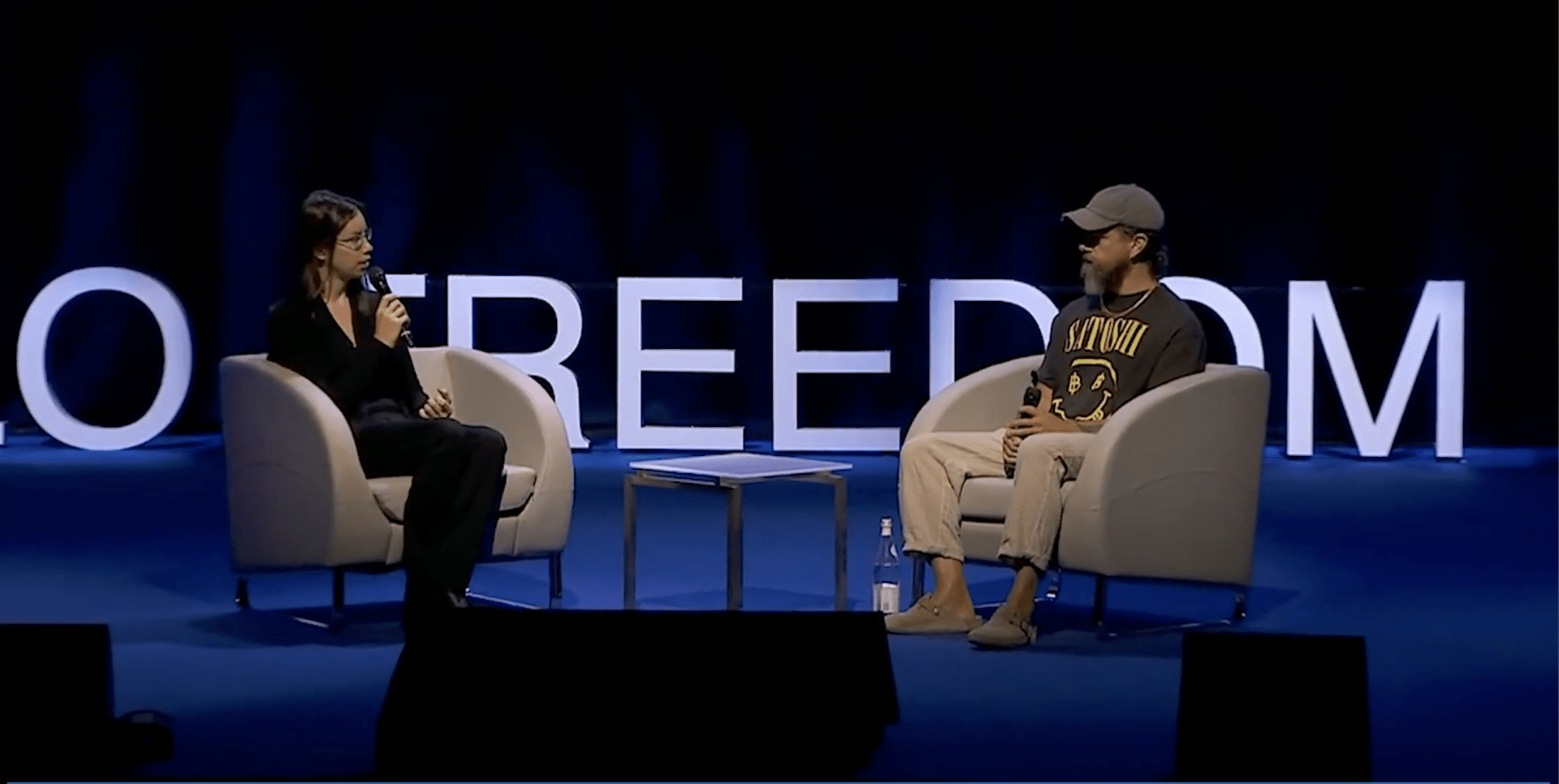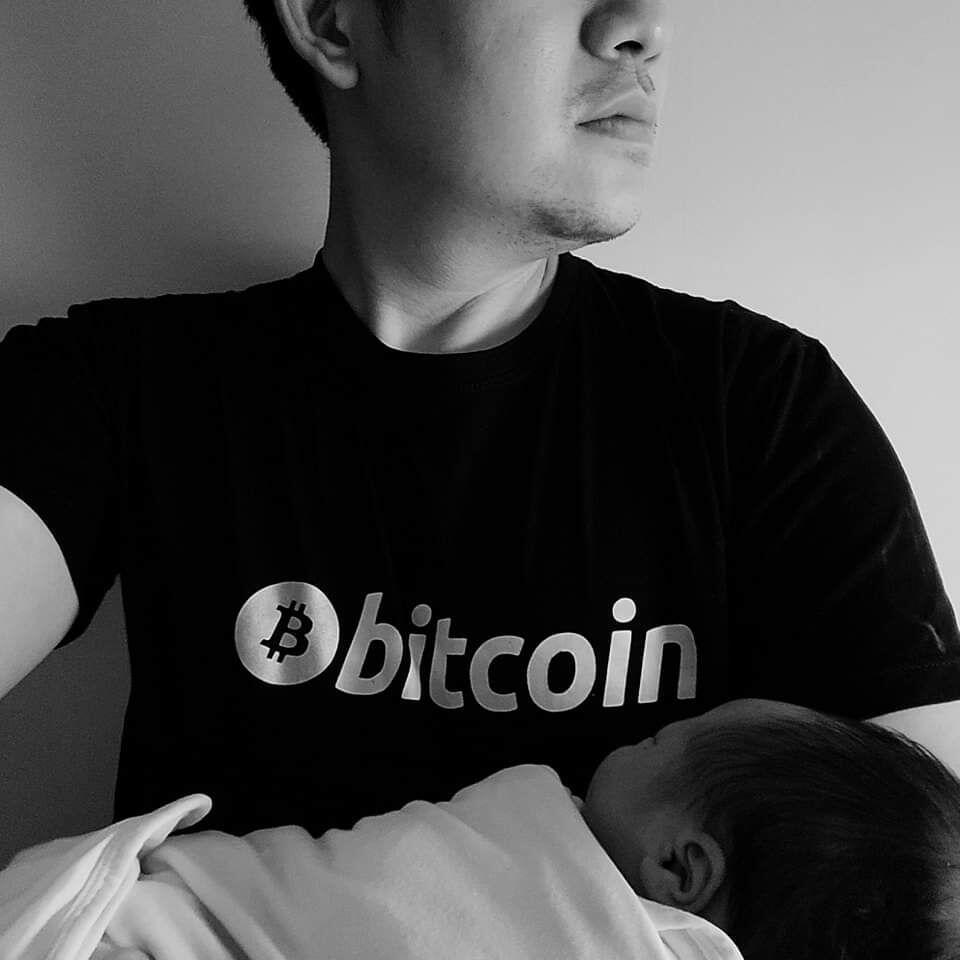NVP Navinpeep on Nostr: https://www.youtube.com/watch?v=MaZyXEU5XAg Summarize of Jack Dorsey & Lyn Alden | ...
https://www.youtube.com/watch?v=MaZyXEU5XAg
Summarize of Jack Dorsey & Lyn Alden | The Power of Open Source
Oslo Freedom Forum
Jack Dorsey's Open Source Roots:
Dorsey credits open source for his career success, emphasizing its role in his ability to learn programming and build valuable tools.
Selfless Contributions:
He admires the selflessness of developers who create and share open-source software, which anyone can use, modify, and monetize.
Linux Influence:
Dorsey highlights Linux as a key example of open source's impact, noting its presence in most devices and the importance of giving back to the open-source community.
Corporations and Open Source:
He criticizes how corporations often take open-source innovations, close them off, and create dependencies, leading to single points of failure.
Centralization Risks:
Centralized entities, like social media companies, are vulnerable to external pressures from governments and advertisers, which can bias their actions.
Experience at Twitter:
Running Twitter exposed Dorsey to the challenges of balancing open protocols with business needs, dealing with investor pressures, and navigating content moderation.
Blue Sky Initiative:
Blue Sky was launched to create a decentralized protocol that Twitter and others could use, aiming to separate the platform from corporate control.
Noster Protocol:
Dorsey supports Noster, an open-source protocol that allows users to control their identity and data across different platforms, enhancing privacy and freedom.
Funding Open Source:
Dorsey has funded initiatives like Blue Sky and Noster to promote decentralized, open-source solutions for social media and communication.
Importance of Decentralization:
He believes decentralized networks are harder to attack and manipulate, as they lack a single point of failure.
Algorithm Control:
Dorsey critiques the control algorithms have over what users see on social media, arguing for open-source algorithms to offer transparency and user choice.
Content Moderation Issues:
At Twitter, content moderation was challenging due to varying demands from different governments, leading to solutions like per-country takedowns.
Advertising Model Pressures:
Twitter's reliance on an advertising model created pressures to sell user attention, leading to ethical and operational challenges.
Protocol vs. Platform:
Dorsey distinguishes between Twitter as a protocol for public conversation and the business layer built on top of it, advocating for an open protocol model.
Data Ownership:
He stresses the importance of users owning their data and identities, which open-source protocols like Noster enable.
Grassroots Development:
Noster's grassroots, developer-friendly approach is praised for its simplicity and alignment with early Twitter's open-access spirit.
User Experience:
Dorsey believes users will increasingly value control over their data and identity as corporate social media models reveal their limitations.
Algorithm Marketplace:
He envisions a marketplace of algorithms where users can choose how they discover content, promoting transparency and reducing corporate bias.
Open Source AI:
Dorsey advocates for open-source AI to counteract the dominance of a few companies and ensure transparency and accountability in AI development.
Future of Social Media:
He sees open source and decentralization as crucial for the future of social media, enabling more resilient, user-controlled, and ethical platforms.
#JackDorsey #LynAlden #OsloFreedomForum

Summarize of Jack Dorsey & Lyn Alden | The Power of Open Source
Oslo Freedom Forum
Jack Dorsey's Open Source Roots:
Dorsey credits open source for his career success, emphasizing its role in his ability to learn programming and build valuable tools.
Selfless Contributions:
He admires the selflessness of developers who create and share open-source software, which anyone can use, modify, and monetize.
Linux Influence:
Dorsey highlights Linux as a key example of open source's impact, noting its presence in most devices and the importance of giving back to the open-source community.
Corporations and Open Source:
He criticizes how corporations often take open-source innovations, close them off, and create dependencies, leading to single points of failure.
Centralization Risks:
Centralized entities, like social media companies, are vulnerable to external pressures from governments and advertisers, which can bias their actions.
Experience at Twitter:
Running Twitter exposed Dorsey to the challenges of balancing open protocols with business needs, dealing with investor pressures, and navigating content moderation.
Blue Sky Initiative:
Blue Sky was launched to create a decentralized protocol that Twitter and others could use, aiming to separate the platform from corporate control.
Noster Protocol:
Dorsey supports Noster, an open-source protocol that allows users to control their identity and data across different platforms, enhancing privacy and freedom.
Funding Open Source:
Dorsey has funded initiatives like Blue Sky and Noster to promote decentralized, open-source solutions for social media and communication.
Importance of Decentralization:
He believes decentralized networks are harder to attack and manipulate, as they lack a single point of failure.
Algorithm Control:
Dorsey critiques the control algorithms have over what users see on social media, arguing for open-source algorithms to offer transparency and user choice.
Content Moderation Issues:
At Twitter, content moderation was challenging due to varying demands from different governments, leading to solutions like per-country takedowns.
Advertising Model Pressures:
Twitter's reliance on an advertising model created pressures to sell user attention, leading to ethical and operational challenges.
Protocol vs. Platform:
Dorsey distinguishes between Twitter as a protocol for public conversation and the business layer built on top of it, advocating for an open protocol model.
Data Ownership:
He stresses the importance of users owning their data and identities, which open-source protocols like Noster enable.
Grassroots Development:
Noster's grassroots, developer-friendly approach is praised for its simplicity and alignment with early Twitter's open-access spirit.
User Experience:
Dorsey believes users will increasingly value control over their data and identity as corporate social media models reveal their limitations.
Algorithm Marketplace:
He envisions a marketplace of algorithms where users can choose how they discover content, promoting transparency and reducing corporate bias.
Open Source AI:
Dorsey advocates for open-source AI to counteract the dominance of a few companies and ensure transparency and accountability in AI development.
Future of Social Media:
He sees open source and decentralization as crucial for the future of social media, enabling more resilient, user-controlled, and ethical platforms.
#JackDorsey #LynAlden #OsloFreedomForum

